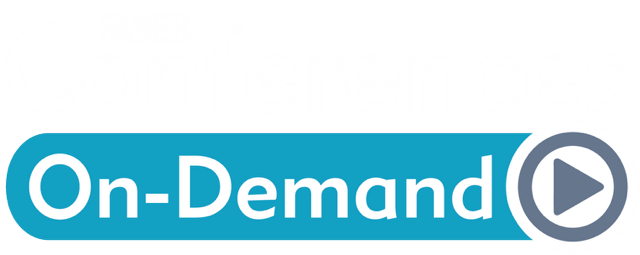All transcripts were created with artificial intelligence software and modified with manual review by a third party. Although we make every effort to ensure accuracy with the manual review, some may contain computer-generated mistranslations resulting in inaccurate or nonsensical word combinations, or unintentional language. FASEB and the presenting speakers did not review the transcripts and are not responsible and will not be held liable for damages, financial or otherwise, that occur as a result of transcript inaccuracies.
Acquired Non-Coding Mutations Retarget Super-Enhancer Activity During B Cell Lymphoma Progression
Rebecca J. Leeman-Neill1,2,†, Dong Song3,†, Jonathan Bizarro1, Ludvine Wacheul7, Gerson Rothschild1, Sameer Singh9, Yang Yang8, Aditya Y. Sarode1, Kishore Gollapalli1, Lijing Wu1, Wanwei Zhang1, Yiyun Chen3, Max C. Lauring1, D. Eric Whisenant1, Shweta Bhavsar4, Junghyun Lim5, Steven H. Swerdlow4, Govind Bhagat2, Qian Zhao8, Luke E. Berchowitz6, Denis Lafontaine7, Jiguang Wang3,#, Uttiya Basu1,#1Department of Microbiology and Immunology, Vagelos College of Physicians and Surgeons, Columbia University, New York, New York 10032, USA.
2Department of Pathology and Cell Biology, Vagelos College of Physicians and Surgeons, Columbia University, New York, New York 10032, USA.
3Division of Life Science, Department of Chemical and Biological Engineering, and State Key Laboratory of Molecular Neuroscience, The Hong Kong University of Science and Technology, Hong Kong SAR, China.
4Department of Pathology, University of Pittsburgh, Pittsburgh, Pennsylvania 15213, USA.
5Department of Pharmacy, School of Pharmacy, Jeonbuk National University, Jeonju, Republic of Korea.
6Department of Genetics and Development, Vagelos College of Physicians and Surgeons, Columbia University, New York, New York 10032, USA.
7RNA Molecular Biology, Fonds de la Recherche Scientifique (F.R.S./FNRS), Université libre de Bruxelles (ULB), Biopark campus, B-6041 Gosselies, Belgium.
8State Key Laboratory of Chemical Biology and Drug Discovery, Department of Applied Biology and Chemical Technology, The Hong Kong Polytechnic University, Hong Kong, SAR 999077, China.
9Institut für Medizinische Physik und Biophysik, Charité-Universitätsmedizin Berlin, 10117 Berlin, Germany.
Whole genome sequencing of longitudinal tumor pairs representing transformation of follicular lymphoma (FL) to high grade B cell lymphoma with MYC and BCL2 rearrangements (“double hit lymphoma”; DHL), an aggressive type of non-Hodgkin B cell lymphoma (B-NHL), identified coding and noncoding genomic alterations acquired in the course of lymphoma progression. Many of these transformation-associated alterations recurrently and focally occur at topologically associating domain (TAD) resident regulatory DNA elements, including H3K4me3 promoter marks located within H3K27ac super-enhancer (SE) clusters in human B-NHL. Our data suggest that somatic hypermutation (SHM) is selectively enriched at SE regulatory regions in DHL and occurs at a lower frequency in the preceding FL. One such region found to undergo recurrent alteration upon transformation to DHL overlaps a SE affecting the expression of the PAX5/ZCCHC7 gene pair. ZCCHC7, which encodes a retrotransposon-derived nucleolar protein and forms the human TRAMP-like complex, demonstrated copy number gain, chromosomal translocation and enhancer retargeting-mediated transcriptional upregulation upon lymphoma transformation. Consequently, we find that lymphoma cells demonstrate nucleolar dysregulation in the form of altered noncoding 5.8S ribosomal RNA processing. This rRNA processing defect can also be recapitulated in non-lymphoma cells by directly overexpressing ZCCHC7. Due to DHL specific mutation-induced overexpression of ZCCHC7, ribosomes generated in lymphoma cells have altered kinetics of nascent protein synthesis. We provide evidence that a noncoding mutation acquired during lymphoma progression affects noncoding rRNA processing and, in turn, active protein synthesis leading to oncogenic changes in the lymphoma proteome.
Research in the Basu lab is supported by grants to U.B. (1R01AI099195, 1RO1AI143897 and R01AI134988)
Speakers
Uttiya Basu
